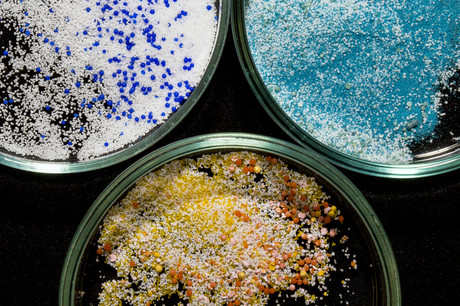Microbeads successfully phased out of over 90% of products

It appears that industry has risen to the challenge issued by Australia’s environment ministers to voluntarily phase out the use of microbeads in cosmetic and personal care products, with 94% of these products now microbead-free.
Microbeads are plastic particles of around 1 mm in diameter and have been widely used as an ingredient in cosmetic and personal care products, especially exfoliants. They can, however, have a damaging effect on marine life and marine environments because of their composition, ability to attract toxins and ability to transfer up the marine food chain. They can also pollute our waterways, ironically having a negative impact on human health as a result.
The results of an independent assessment, commissioned by the Australian Government, found that of approximately 4400 relevant supermarket and pharmacy products inspected, only 6% were found to contain microbeads. No shampoos, conditioners, body washes or hand cleaners contained microbeads — indicating that the phase-out in these products may be complete — while the remaining 6% are predominantly not ‘rinse-off’ products and therefore pose a much smaller risk of entering marine environments.
Assistant Minister for the Environment Melissa Price said she was pleased with how well the phase-out had gone, considering it was an optional phase-out of products by the industry.
“This is further proof that industry is capable of making the right choices when it comes to environmental protection,” she said.
The government will commission a further assessment in late 2018 to provide an additional level of assurance of the success of the phase-out.
“I thank industry for their cooperation and look forward to continuing to work with them until we reach 100%,” said Minister for the Environment and Energy Josh Frydenberg.
UV used to make recyclable, sustainable polymers
Scientists have used ultraviolet light to successfully synthesise more environmentally...
Study finds the most effective global climate policies
The study evaluated climate policies in 40 countries over a 32-year period to discover the most...
$2.4m to boost clean energy workforce
The government funding will support vocational education and training in battery technology and...







